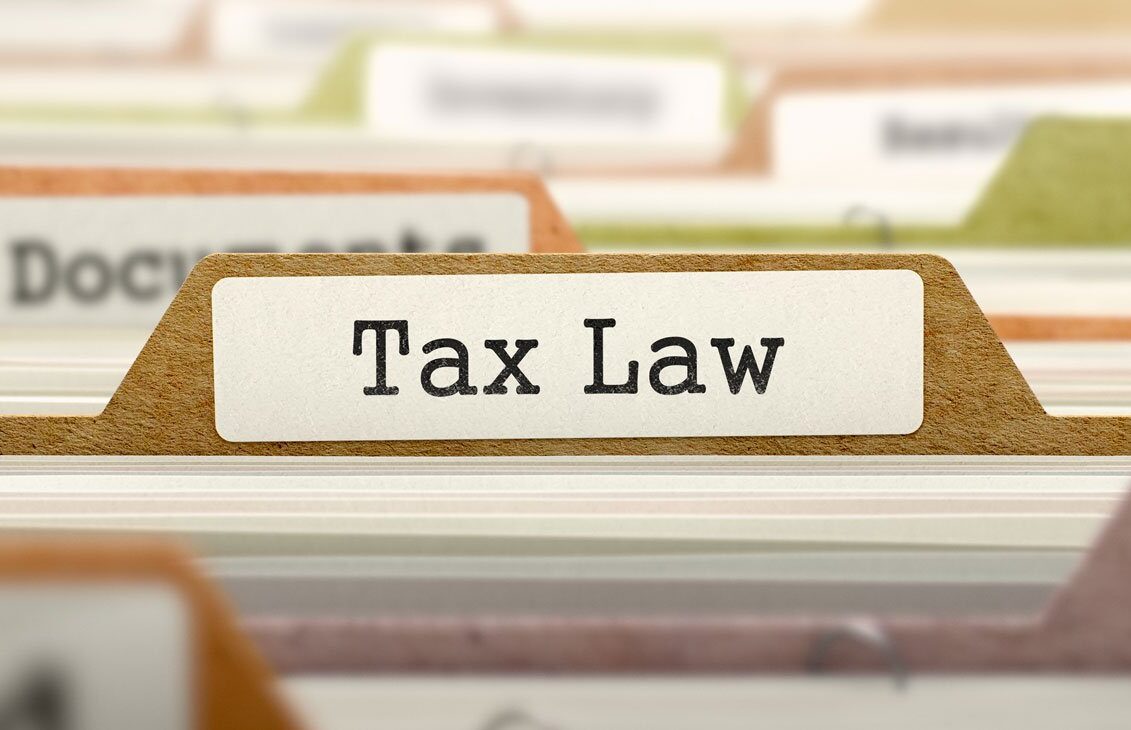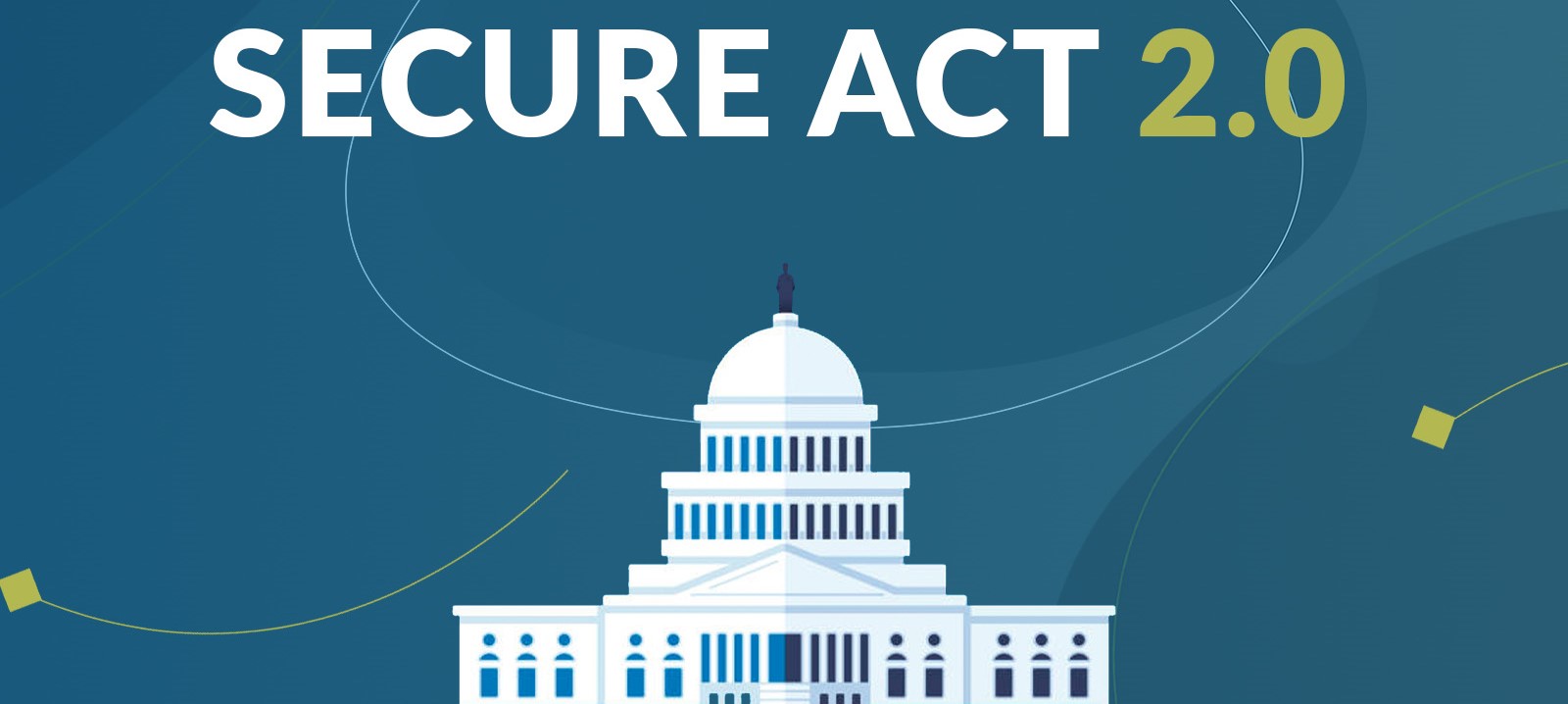On December 20, the IRS gave us the holiday gift of some guidance on a few provisions from the SECURE 2.0 Act. Notice 2024-02 is in a question-and-answer format and provides much needed clarification on SECURE 2.0 provisions, some of which are already in effect, and others which will come online in just a few short days in 2024.
Exception for Terminal Illness
Beginning in 2023, SECURE 2.0 allows penalty-free distributions from both IRAs and plans for those with terminal illness. Notice 2024-02 gives more details on who qualifies as terminally ill and confirms that a certification by a physician is necessary to qualify for this exception.
SEP and SIMPLE IRA Plans
The Notice gives significant guidance on the changes put in place by SECURE 2.0 to SEP and SIMPLE IRA plans.
For SIMPLE IRA plans, starting in 2024, both the under-50 limit and the catch-up limit will increase by 10% above the $16,000/$3,500 limits – but only for businesses with 25 or fewer employees. So, for those very small companies, the 2024 under-50 limit is actually $17,600 ($16,000 x 10%), and the catch-up limit is $3,850 ($3,500 x 10%). Businesses with 26-100 employees can elect the extra 10%, but only if they provide a 4% (instead of 3%) matching contribution or a 3% (instead of 2%) across-the-board contribution.
The Notice addresses how to determine the number of employes to determine eligibility for the increased contribution limits. It also gives details on the required notice procedure.
Additionally, the Notice also gives more details about new provisions allowing SEP and SIMPLE Roth IRA contributions. These provisions are effective in 2023, but lack of IRS guidance has stalled implementation. The Notice confirms that Roth contributions are optional for both the employer and the employee. It also gives reporting guidance for employers, answering some much-debated questions. The employer must report salary reduction contributions made to a Roth IRA on Form W-2, with employer matching and nonelective contributions made to a Roth IRA on Form 1099-R.
Other SECURE 2.0 Provisions
- The Notice also addresses some other sections of SECURE 2.0, including the following:
- Optional treatment of employer contributions or nonelective contributions as Roth contributions.
- Expansion of automatic enrollment for employer plans.
- Modification of credit for small employer pension plan startup costs.
- Military spouse retirement plan eligibility credit for small employers.
- Small immediate financial incentives for contributing to employer plans.
- Safe harbor for correction of employee elective deferral failures.
- Employers allowed to replace SIMPLE retirement accounts with safe harbor 401(k) plans during a year.
More Guidance on the Way
The IRS specifically says that the Notice is not intended to provide comprehensive guidance as to the specific provisions of the SECURE 2.0 Act, but rather is intended to provide help with certain discreet issues to aid with the initial implementation of the new provisions. Notably absent from the guidance is any mention of Section 327, the provision that upends the rules for spouse beneficiaries starting next year.
The IRS says future guidance, including regulations, is coming. Stay tuned to the Slott Report for all the latest information and updates!
By Sarah Brenner, JD
Director of Retirement Education











